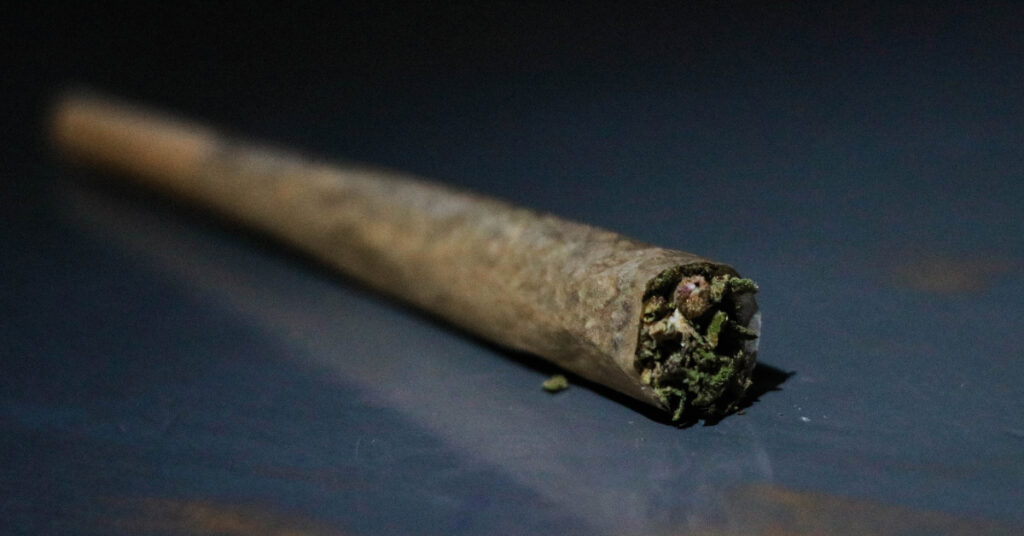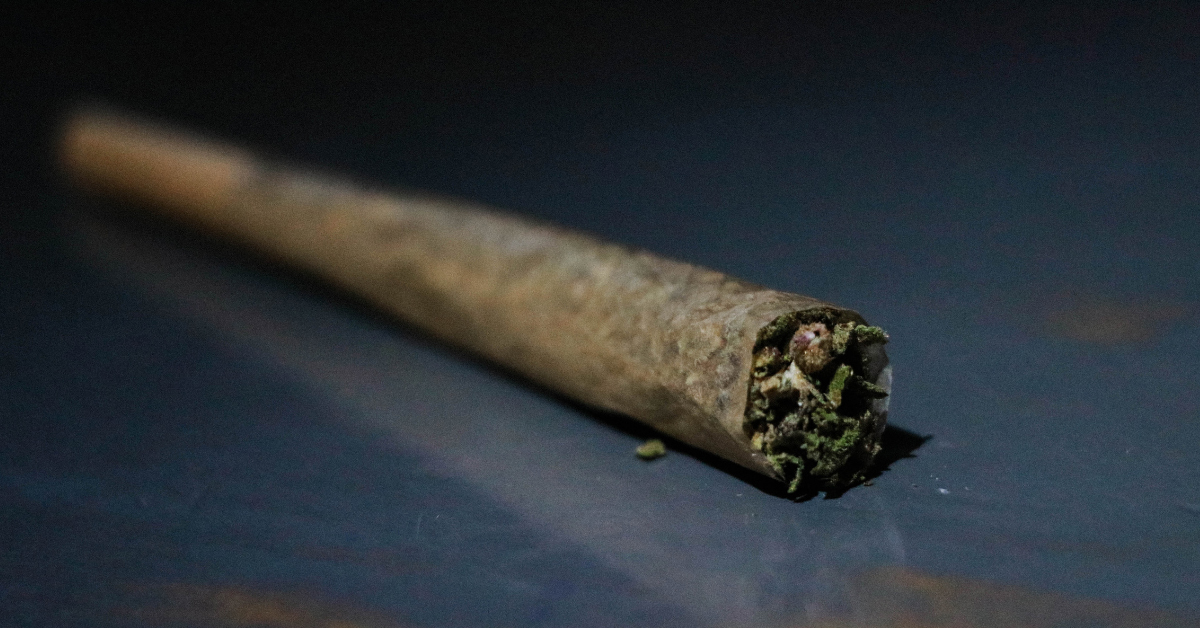Does Marijuana Cause Brain Damage?
If you or a loved one have an addiction to marijuana, you should know some of the side effects from it. Is one of them brain damage?
The most widely used illegal drug is marijuana: more than 300 million marijuana users worldwide and approximately 30 million users in the United States. The active ingredient in marijuana is delta-9 tetrahydrocannabinol, also called THC. Marijuana is usually smoked in a pipe or bong as a joint (cigarette), but it can also be eaten or brewed as a tea. There are now legal, medical uses for marijuana, and many states allow it for recreational use. Marijuana also goes by pot, grass, weed, dope, smoke, herb, green, bud, and ganja.
Marijuana is the most commonly used illegal drug in the United States, with approximately 22.2 million users each month. (Centers for Disease Control)
What Does Marijuana Do to You?
The National Institute on Drug Abuse explains how marijuana affects someone either by smoking it or ingesting it as an ‘edible’ form of THC.
When marijuana is smoked, THC and other chemicals in the plant pass from the lungs into the bloodstream, which rapidly carries them throughout the body to the brain. Many people experience euphoria, relaxation, heightened sensory perception (e.g., brighter colors), laughter, altered perception of time, and increased appetite. If marijuana is consumed in foods or beverages, these same effects are delayed—usually appearing after 30 minutes to 1 hour—because the drug must first pass through the digestive system. (NIDA)
How Does Marijuana Affect the Brain?
When marijuana is abused, the brain’s cognition is impaired. Damage to brain cells is possible when marijuana is abused regularly. In the brain, marijuana binds to specific receptors known as cannabinoid receptors. These receptors affect the functions of the following brain regions:
- Hippocampus (memory)
- Cerebral cortex (concentration and perception)
- Cerebellum (movement and balance)
The cannabinoid receptors also connect to nerves in the brain that control appetite, pain regulation, motivation, and mood. Those who smoke marijuana may have difficulty staying focused or remembering important details. The effects of marijuana on the brain essentially slow down cognitive responses. Marijuana use is linked to memory loss, poor concentration, and impaired motor skills.
Who Is Marijuana Dangerous For?
Like all other addictive drugs that alter the brain’s functions, marijuana can be dangerous at any age. However, the research on chronic marijuana use has shown that the most likely health concern from using marijuana at a young age is striking, as it will affect the person’s IQ. The Substance Abuse and Mental Health Services Administration states:
Marijuana can cause permanent IQ loss of as much as 8 points when people start using it at a young age. These IQ points do not come back, even after quitting marijuana. (SAMHSA)
Is Marijuana Harmful to the Brain?
Yes, marijuana does cause brain damage. The function of the brain is dramatically affected by THC and by the smoke itself if marijuana is inhaled as a cloud of smoke. Even though there are legitimate medical uses for marijuana, it is still addictive and causes damage to the body and brain. The underlying concern when someone is abusing marijuana is addictive. If you or a loved one is addicted to or abusing marijuana, there is a way to quit. On Call treatment provides personalized treatment for marijuana addiction. We offer immediate emotional/mental and cognitive assessments and physical health evaluations in the marijuana treatment program. Most of the effects of marijuana on the brain and memory do re-calibrate once a person is drug-free for some time.
Call Now For Immediate Access to Our Marijuana Addiction Treatment
We have been providing expert programs that help people give up marijuana for good. We recommend our day treatment program for marijuana addiction and our night treatment. Both formats provide evidence-based forms of behavioral therapy and alternative counseling that includes:
- Cognitive Behavioral Therapy
- Dialectical Behavioral Therapy
- Motivational Interviewing
- Holistic Therapy
- Mindfulness-Based Recovery
- One on One Counseling



